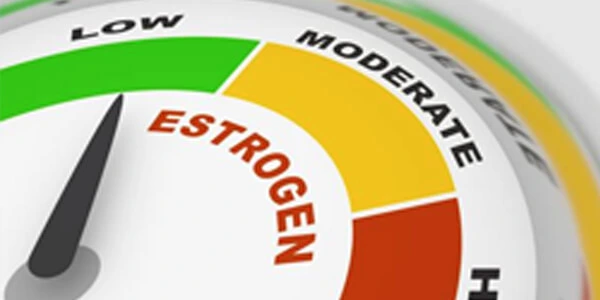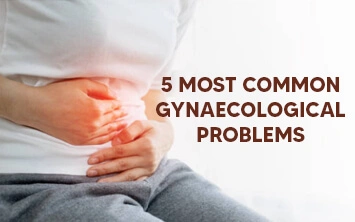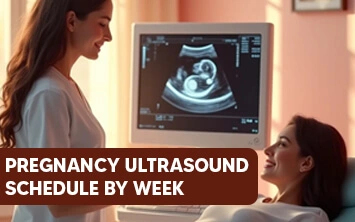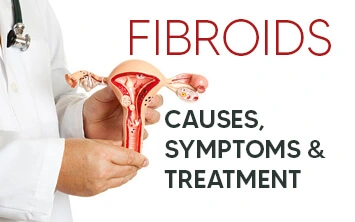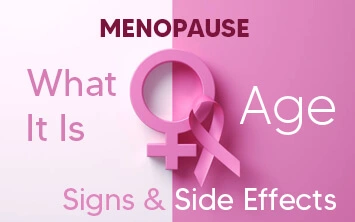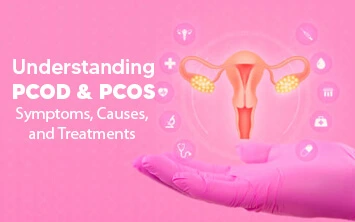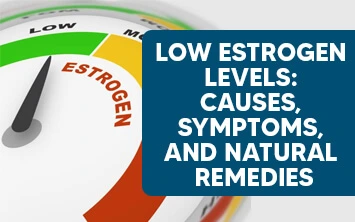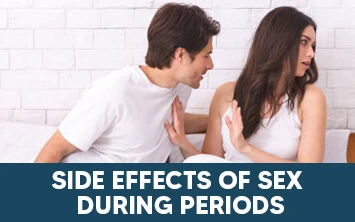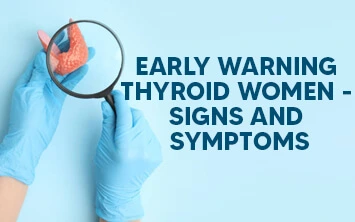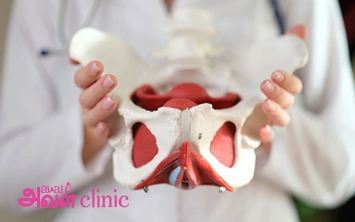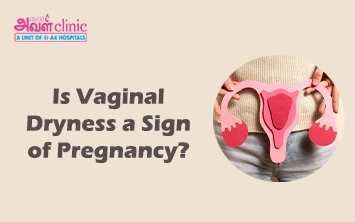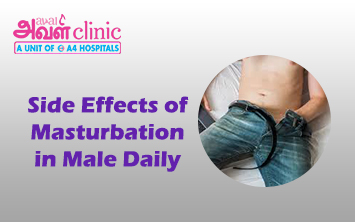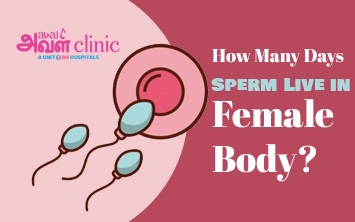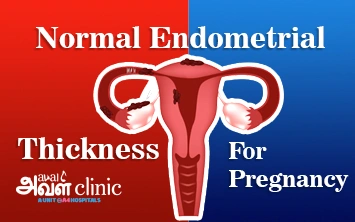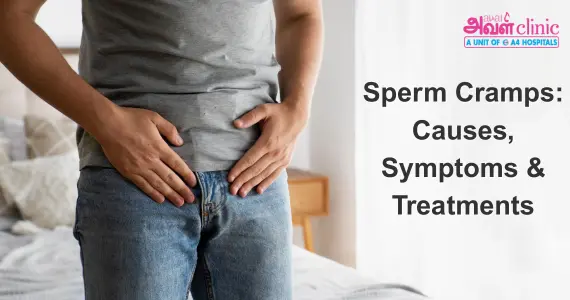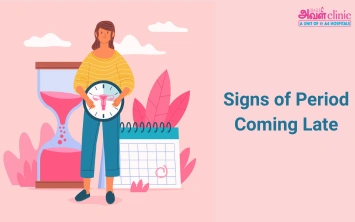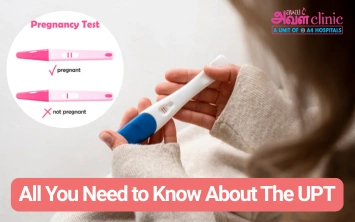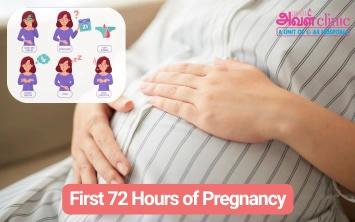Published on: February 15, 2024
Author: Admin
What is Estrogen?
Estrogen is a hormone that plays a significant role in regulating women’s reproductive development. The ovaries in women produce enough estrogen hormones that the body requires. Apart from ovaries, smaller amounts of estrogen hormones are produced by fat cells and the adrenal glands. Estrogen hormones are also known as sex hormones.
In addition to regulating reproductive development in women, estrogen hormones also crucially impact the:
- Cardiovascular system (blood pressure and cholesterol levels)
- Skeletal system (bone health)
- Metabolism (fat distribution and glucose tolerance)
- Central nervous system (mood and cognitive function)
On that side, estrogen hormones affect various aspects of overall health in women.
In this blog, we are going to discuss how to increase estrogen level naturally in both men and women.
Low Estrogen Levels
Low estrogen is a medical condition when the body does not produce enough estrogen hormones. Throughout a person’s life, the chances of rising and falling estrogen hormone levels are quite common. The fluctuation often happens to sync with other hormones in the body.
Estrogen hormones are produced by both men and women. Women typically produce higher levels of estrogen compared to men. In women, low estrogen levels can result in:
- Reduced bone density
- Low sex drive
- Menstrual irregularities
- Breast tenderness
Whereas in men, low estrogen levels can result in:
- Increased belly fat
- Reduced muscle mass
- Low sex drive
- Bone loss (osteoporosis)
- Dry skin
- Cardiovascular diseases
In addition, estrogen levels in women usually fall after the menopausal phase.
Need expert advice? Consult our doctors now!
Call Now: 80047 80048Causes of Low Estrogen
Ageing is a crucial factor that is associated with lowering the levels of estrogen hormones. It is natural for estrogen levels to drop when a person ages. The process in women is associated with the menopausal stage. How to increase women's estrogen is typically dependent on various factors. Likewise, there are certain causes of lowering estrogen hormones in women, other than aging. They are:
Genetic conditions
Estrogen levels are lowered when a person is born with Fragile X syndrome or Turner syndrome. The condition often leads to estrogen replacement therapy.
Age
It is understood that estrogen levels get lowered when a woman reaches her menopausal phase. At this phase, instead of producing the primary form of estrogen hormone in a person’s body switches from producing estradiol to estrone. Estradiol is the hormone, which is primarily produced in the ovaries. Whereas, estrone is the hormone, which is primarily produced in the body fat.
Autoimmune diseases
Autoimmune diseases generally attack the ovaries in women. This may contribute to the development of conditions like autoimmune oophoritis. Autoimmune diseases can indeed lower the production of enough estrogen hormones in the body. The condition is known as primary ovarian insufficiency (POI).
Primary Ovarian Insufficiency (POI)
Primary Ovarian Insufficiency (POI) is the condition when a woman experiences early menopause. This often happens due to the lower production of estrogen levels in the body. Early menopause generally happens before the age of 40.
Eating disorders
Eating disorders like bulimia and anorexia can also disrupt the body's nutritional balance.
Treatments that affect ovaries
Treatments like chemotherapy and radiation in cancer patients can prevent your ovaries from secreting natural levels of estrogen hormones. Also, surgery such as oophorectomy or ovariectomy is performed to remove one or both ovaries, which is a part of the treatment. This leads to impacting the production of estrogen hormones.
Medical conditions that affect the pituitary gland
The pituitary gland is widely named as the master gland. These glands produce several hormones that control the activities of several bodily functions including metabolism, reproduction, and growth.
Functional hypothalamic amenorrhea
Functional hypothalamic amenorrhea (FHA) is a chronic condition that can contribute to affecting your regular menstrual cycle. Women with functional hypothalamic amenorrhea don't produce enough of gonadotropin-releasing hormone (GnRH), which plays a crucial role in secreting estrogen hormones in ovaries. This leads to the production of low estrogen levels impacting the menstrual cycle to be irregular or absent completely.
Effects of Low Estrogen
It is a well-known fact that as we age, the functions of the body and its appearance change. The changes may include wrinkles on the skin, worsening eyesight, breathing issues, and so on. Besides the appearance, hormonal changes may also happen beneath the ground. The change in hormonal secretions can significantly play a major role in impacting how a person feels and reacts.
Estrogen hormone doesn’t only contribute to regulating reproductive development. Rather, it also contributes to other bodily functions such as bone strength, mood changes, and heart health.
The effects of low estrogen levels in the body may include:
Irregular periods
Estrogen hormones help to regulate the periods. Generally, estrogen levels increase before ovulation and decrease through the luteal phase, which is the normal menstrual cycle. Women tend to experience irregular periods when the sequence doesn’t repeat properly.
Infertility
Since estrogen hormones are crucial for regulating the normal menstrual cycle and ovulation in women, low estrogen levels in the body may impact the ability to get pregnant. Whereas in men, low estrogen levels may affect sperm health, sperm count, and libido.
Osteoporosis
Estrogen hormones help promote bone strength. When a person produces low estrogen in their body, the risk of developing osteoporosis is much higher. Osteoporosis is a medical condition that weakens the bone – contributing to the increased risk of bone fractures.
Pain during sex
Estrogen hormones help in generating natural lubrication in the vagina. Low estrogen levels can cause vaginal dryness, which leads to painful sex.
Urinary tract infections (UTIs)
Low estrogen levels can contribute to the thinning of vaginal muscles, which can increase the chances of getting infections in the urinary tract.
Mood Swings
A recent study shows that women experience mood swings during hormonal fluctuations, which happen at certain stages of their life.
Symptoms of Low Estrogen Levels
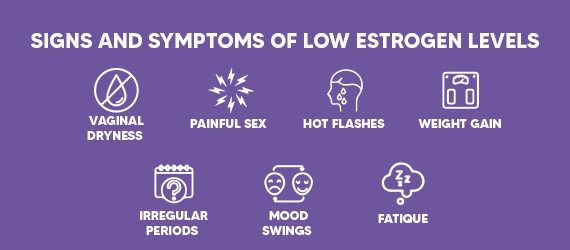
Generally, low estrogen signs and symptoms in a person don’t exhibit immediately. Rather, the symptoms are exhibited only through conditions that occur because of low estrogen. However, the symptoms may differ based on gender.
Symptoms of low estrogen levels in women
Women with low estrogen levels may experience:
- Weight gain
- Dry skin
- Sensitive breasts
- Weak bones
- Increased urinary tract infections (UTIs)
- Painful intercourse
- Focus issues or brain fog
- Moodiness
- Hot flashes
- Headaches
- Depression
- Trouble sleeping
- Tiredness
- Irregular menstruation
Symptoms of low estrogen levels in men
Men with low estrogen levels may experience:
- Weight gain
- Dry skin
- Migraines
- Weakness
- Brittle bones
- Bone loss
- Reduced sex drive
How to Increase Estrogen Naturally?
There are several ways to increase estrogen levels in a person naturally. However, the effectiveness of natural remedies is limited.
Eating Foods That Increase Estrogen
Certain foods are known to help boost estrogen levels, including:
- Soy-rich foods: Soybeans, miso soup, tofu, and miso paste.
- Fruits: Berries, apples, peaches, grapes, plums, and pears.
- Grains: Barley, wheat germ, and oats.
- Liquids: Coffee, tea, beer, olive oil, and red wine.
- Nuts and seeds: Flaxseeds, sesame seeds, almonds, peanuts, and sunflower seeds.
- Vegetables: Brussels sprouts, broccoli, onions, kale, sprouts, and spinach.
Other Natural Remedies to Increase Estrogen Production
- Maintaining a moderate weight
- Engaging in moderate workouts
- Reducing stress
- Getting enough sleep
Minerals and Vitamins to Increase Estrogen Levels
Certain minerals and vitamins to increase estrogen levels in the body, including:
- Boron: Helps absorb estrogen and testosterone.
- Vitamin B: Aids in estrogen production and utilization.
- Vitamin D: Supports estrogen production.
- Vitamin E: Helps with symptoms of low estrogen, such as hot flashes and insomnia.
Diagnosis of Low Estrogen
Early diagnosis of low estrogen levels can help prevent numerous medical conditions. If you are experiencing any symptoms of low estrogen, it is highly recommended to seek medical advice from a reputed physician. The physician can diagnose the cause of your symptoms and start treatment to prevent further complications.
Since low estrogen is a natural part of aging, your physician may begin by analyzing your medical history and symptoms. They may then suggest a blood test to accurately measure estrogen levels.
Blood Tests for Estrogen Levels
In women, the menstrual cycle plays a crucial role in estrogen fluctuations. To obtain accurate results, your physician may recommend performing the test at a specific time in your cycle.
Additional Tests to Identify the Cause of Low Estrogen
Although estrogen levels can be measured through blood tests, identifying the underlying cause can be challenging. Estrogen levels can drop for various reasons at different life stages. For example, estrogen levels decrease when a woman is breastfeeding.
If the cause of low estrogen is unclear, your physician may recommend additional tests, including:
- Further blood tests, such as thyroid function tests
- A physical exam
- Scans of the ovaries
How to Boost Estrogen Through Treatment?
If a person’s estrogen levels decrease due to aging or a natural physiological process like menopause, treatment may not be necessary. However, if low estrogen levels result from a medical condition such as a tumor or primary ovarian insufficiency, treatment will focus on addressing the underlying cause. Depending on the diagnosis, specific therapies may be recommended.
Hormone Replacement Therapy (HRT)
Hormone replacement therapy (HRT) is used to restore estrogen levels and, in some cases, other hormones as well. Physicians may recommend a combination of estrogen and progesterone, particularly for women experiencing menopause.
HRT can be administered in various forms, including:
- Oral medications
- Vaginal applications
- Topical creams
- Injections
Doctors typically prescribe the lowest effective dose for patients. However, this treatment is not suitable for individuals with a history of high blood pressure, stroke, or heart attack.
Estrogen Therapy
Estrogen therapy is a type of HRT that specifically focuses on increasing estrogen levels. It is particularly beneficial for:
- Preventing bone loss
- Treating menopausal symptoms
- Reducing vaginal dryness and strengthening vaginal tissues
Symptom Management
In addition to medical treatments, physicians may suggest options to help manage symptoms of low estrogen, such as:
- Pelvic floor physical therapy
- Vaginal lubricants or moisturizers
- Medications to lower cholesterol
How Can I Raise My Estrogen Levels Quickly?
Estrogen levels can be increased by consuming specific foods, making healthy lifestyle changes, and taking supplements. However, the effectiveness of these methods varies from person to person.
Treatment for Underlying Conditions
If a patient has a medical condition such as thyroid or cardiac issues that impact estrogen production, the physician will suggest treatment based on the underlying cause. It is always advisable to seek medical help from a reputed physician for proper diagnosis and treatment.

